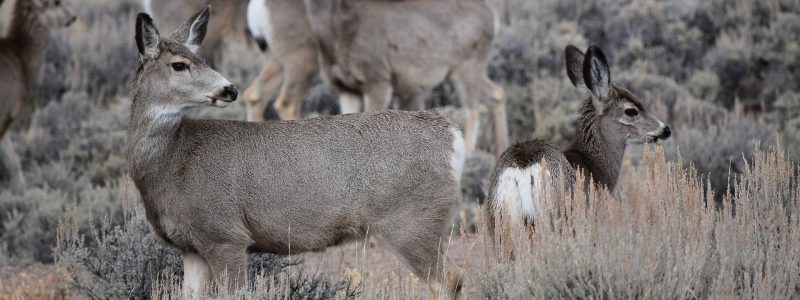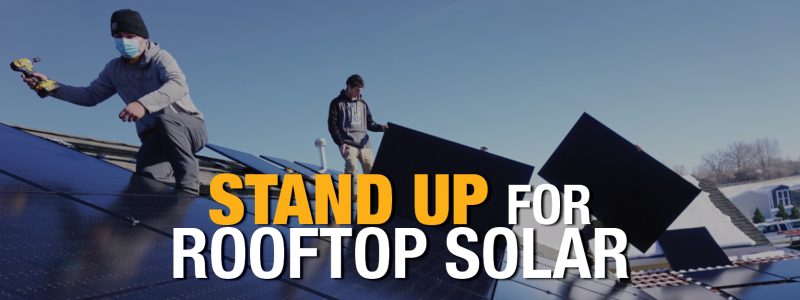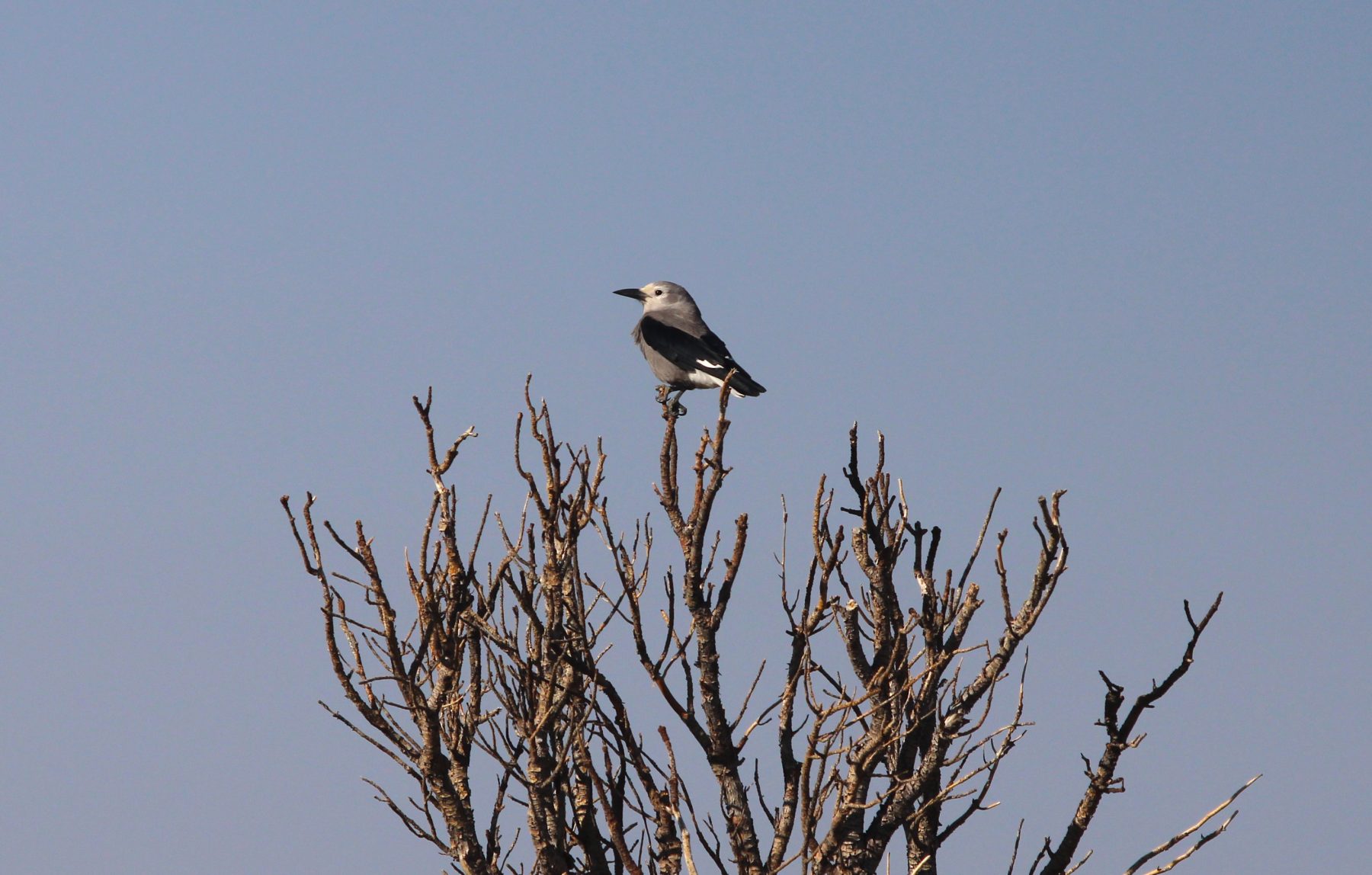VOICE YOUR SUPPORT FOR WIND RIVER MULE DEER MIGRATION
Wyoming is renowned for its wide-ranging ungulates and boasts the most extensive migration corridors left in the Lower 48. However, maintaining connectivity in these corridors requires maps of animals’ seasonal movements — it’s darn near impossible to protect critical habitat if you don’t know where it is!
Thankfully, the Wyoming Game and Fish Department is now making moves to formally recognize and share maps for the Upper Wind River Mule Deer Migration Corridor.
These incredible mule deer migrate through some of our wildest places, including the Wind River Basin, the Gros Ventre, Absarokas, and Grand Teton National Park. But development on private lands is one of the chief threats to this migration, according to WGFD biologists’ threat evaluation.
To ensure Upper Wind River Mule Deer have the connected habitat they need to survive and thrive, we need a map of their corridor to direct conservation efforts where they’ll do the most good. If you’d like to see this and other migration corridors mapped, the agency needs to hear from you!
Write a comment in support of mapping this migration
We know from past experience that public support matters when it comes to migration corridors. It is up to us to show the state that Wyomingites overwhelmingly support the sharing of data and mapping of migration corridors.
Your comments can be brief and speak to your connection to Wyoming’s mule deer — the more personal, the better! You may also want to touch on the suggested points below.
Deadline: August 9, 2024 at 5 p.m.
Suggested talking points:
- Support for habitat mapping and data sharing: We can’t hope to protect habitat for deer that migrate through the Upper Wind River Valley without having a clear picture of where their migration corridor is. I am grateful to our biologists for mapping this migration and fully support this migration corridor being formally recognized and shared with the public.
- In favor of funding for habitat improvements: Given the pressures these deer face on private land in the Dubois area, I recommend that Wyoming Game and Fish Department ask that this migration corridor be prioritized for funding through the USDA’s Migratory Big Game Initiative. The more we can do to fund habitat improvements in this migration corridor, the better.
- Enthusiasm for mapping this corridor and others: It is heartening to see new migration corridors being mapped and shared with the public. In addition to formally recognizing the Upper Wind River Mule Deer Migration Corridor, I strongly encourage biologists to do the same for other migrations around the state.*
*Many migrations would benefit from being formally recognized, including Wyoming Range mule deer, Carter Mountain pronghorn, Shirley Basin pronghorn, Clarks Fork mule deer, and Upper Shoshone mule deer. If you have a personal connection to any of these, feel free to include that in your comment!
Thank you once again for voicing your support for the Upper Wind River Mule Deer Migration Corridor — and for your care and stewardship of our phenomenal wildlife!






